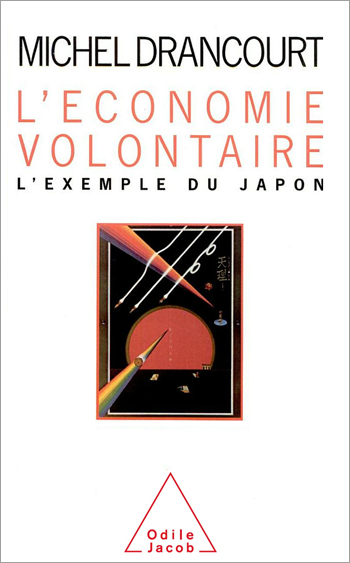Human Sciences All books

Roger-Pol Droit
Michel Foucault, interviews
On 25 June 1984, Michel Foucault died of AIDS-related complications at a hospital in Paris. Since then, his reputation and influence - already great during his lifetime - have not ceased to grow. Whether his subject was asylums, prisons or the history of sexuality, Foucault always tried to understand the organising forces behind prevalent social attitudes, by which a society defines itself, so as to disrupt the existing order. A philosopher as well as a historian, Foucault was an unclassifiable, unpredictable, subversive thinker, and the inventor of a new style of intellectual investigation. He rarely spoke of himself, or of his goals, or of his relations to his own writing, experiences and intellectual development. He did, however, talk about himself in a series of interviews that he gave me in June 1975, a few weeks after the publication of Discipline and Punish: The Birth of the Prison. Wishing to pay homage to his memory, I have gathered here three of those interviews, which were previously published in the press, along with some of my memories and thoughts about him, writes Roger-Pol Droit. Roger-Pol Droit is a research fellow in philosophy at the Centre National de la Recherche Scientifique (CNRS) and a columnist for the French daily newspaper Le Monde. He is the author of La Compagnie des philosophes, La Compagnie des contemporains, 101 Expériences de philosophie quotidienne and Dernières nouvelles des choses.

Roger-Pol Droit
Living Today With Socrates, Epicurus, Seneca and All the Others
What have we lost by forgetting the teachings of Antiquity? And what can we find out for our own time by rediscovering the Classics?

Michel Drancourt
The Voluntary Economy The Example of Japan
The Japanese economic success inspires both fascination and irritation abroad. It is high time for the Western world to put feelings aside and to learn from its Eastern partner. M. Drancourt, economist and head of the French Institut de l Entreprise, believes that Japanese success is due to one predominant social trait: willpower.

Saïda Douki Dedieu, Hager Karray
The Veil on the Couch Hidden ramifications unveiled
The visible or hidden ramifications of the headscarf explained from the point of view of two psychiatrists who aim to reveal its importance in the status and mental health of women, from its origins to the present.

François Dosse
Philosophical Friendships
A sensitive light shed on the philosophical subjects that the reader thus (re)discovers, from existentialism to event philosophy...



